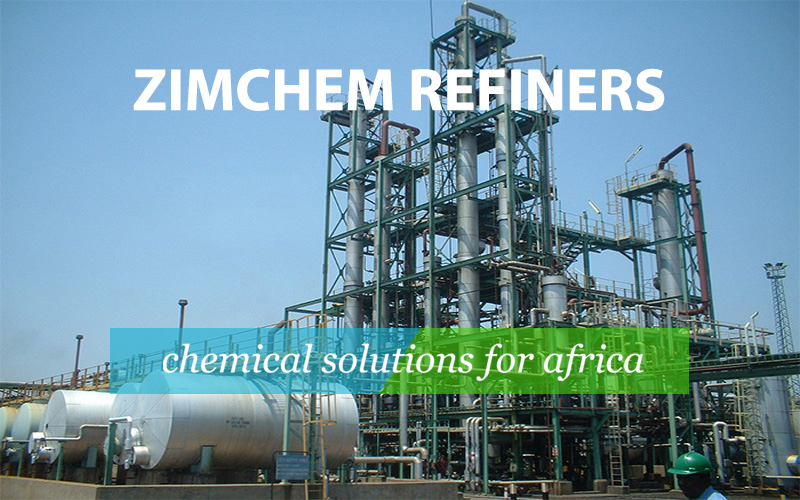ZimChem seeks more raw materials to boost production
REDCLIFF-based manufacturing company, Zimbabwe Chemical Refineries (Zimchem), says the lack of consistent raw material supplies is limiting the company’s ability to increase capacity utilization to more than 50 percent.
The company is only producing 600 tonnes of tar per month, which translates to about 20 percent capacity utilisation against a target of about 4 000 tonnes per month.
Through a partnership with the Midlands State University and the Ministry of Transport and Infrastructure Development, Zimchem is involved in the production of modified road tar, a major requirement for the upgrading and manufacturing of roads.
Following the completion of the refurbishment of its modified tar plant, Zimchem is producing 30 tonnes of road tar a day against the country’s daily consumption of 10 tonnes, with the excess being exported.
The firm also produces agro-chemicals as well as household and industrial chemicals for purifying water and enhancing agricultural production.
It is exporting pitch and creosote to Zambia and South Africa, among other international markets.
Speaking during a recent factory tour by Midlands Provincial Affairs and Devolution Minister, Owen Ncube, the company’s general manager, Mr Tendai Shoko, said they require more raw materials from local companies to be able to meet export demand.
“We would like to increase our capacity from below 20 percent to above 50 percent. But for that to happen we need a consistent supply of raw material from locals,” he said.
“Currently, we are failing to meet demand as our huge demand in South Africa, Zambia as well as locally.
“As a company, we are glad that the Second Republic has come to our rescue in terms of capacitating our production.
“We are exporting 1 000 tonnes of pitch to South Africa, 600 tonnes of furnace fuels, and 500 tonnes of creosote to Zambia for timber treatment, monthly,” said Mr Shoko.
“We have significantly contributed to the country’s Gross Domestic Product ever since we got capacitated by the Second Republic.”
Mr Shoko said Government assistance was crucial at this stage and called for more support in the provision of working capital to ensure the company meets sufficient stock orders from customers.
“If we get working capital for the raw material and the modifiers from MSU, then we can start producing,” he said.
Minister Ncube said Zimchem was strategically positioned to drive the industrialization and mobilization agenda for the Second Republic.
“In line with the import substitution strategy, the Government took a bold decision to empower local entities to use local resources to solve local challenges,” he said.
“In this regard, the Government is in total support of the company so that it increases capacity and solves challenges being faced by the country.
“The manufacturing sector is earmarked to contribute at least 25 percent to GDP and be a major source of decent jobs. The Second Republic is working towards attaining an upper to middle-class economy by 2030 through private sector-led economic recovery and growth.”
Zimbabwe has scored major successes in boosting agriculture and mining production given the close linkages with the manufacturing sector as part of its import substitution strategies.
“Zimbabwe is indeed open for business. The refurbishment of the tar manufacturing plant is now complete. Apart from chemical manufacturing, the company also manufactures tar for domestic use on our roads and exports the same to neighboring countries,” said Minister Ncube.-chronicle











